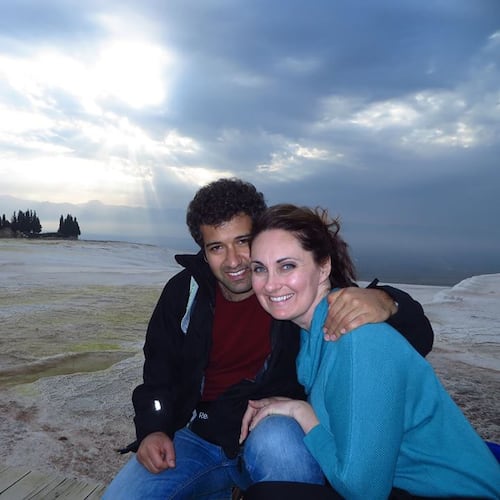Rate increases of about 20 percent could hit Atlanta residents if they don't vote to renew a special one percent sales and use tax to fund water and sewer projects, city officials said Tuesday.
The city's Department of Watershed Management said it needs $113 million from the tax proceeds in 2012 to abide by a consent decree that required major upgrades to the sewer system. The tax would generate more than $480 million over four years.
The "municipal option sales tax" accounts for about 20 percent of the watershed department's budget. Atlanta has an 8 percent sales tax rate. The majority of watershed’s revenues come from payments from customers/ratepayers.
"The department can't sustain a $113 million revenue shortfall" without rate increases, said Jim Beard, chief financial officer of the watershed department.
Atlanta's water and sewer rates are already among the highest in the country. On July 1, customers were hit with a scheduled 12 percent rate increase, the latest of eight increases stretching back to 2004.
The City Council's utilities committee voted Tuesday to ask the full council to set a referendum on the sales and use tax. The tax would expire in September 2012 if it is not renewed. The referendum would be scheduled for early next year, council members said.
Without a renewal of the sales tax, water and sewer rates would have to rise immediately, Beard told the utilities committee. "That is not a desired outcome," he said.
The sales and use tax for water and sewer was originally authorized in 2004 and reauthorized in 2008. Natalyn Mosby Archibong, chair of the utilities committee, said she would like a public information campaign this year to explain the measure, "so it's not one of those taxes that's voted on by 10 percent of the population."
Beard said such a campaign is in the works. "We are going to fully arm you to talk to your constituents on this issue," he told the committee.
To satisfy the federal consent decree, Atlanta is spending about $4 billion on upgrades to its drinking water and sewer systems. It is the largest capital project in the city's history.
Council Member Howard Shook expressed frustration with the ongoing costs of the sales and use taxes, and with the prospect of another vote in 2016 to reinstate the tax.
"We've raised over $1 billion and there doesn't seem to be any end in sight," Shook said.
Other council members said there wasn't much of a choice if Atlanta planned to abide by the terms of the agreement with the federal government, which followed decades of neglect of the water and sewer systems.
The sales tax is a good way to spread the cost of improvements to commuters who come to Atlanta from out of town, rather than making Atlanta residents shoulder the load through higher rates, said Council Member Carla Smith.
About the Author
The Latest
Featured

